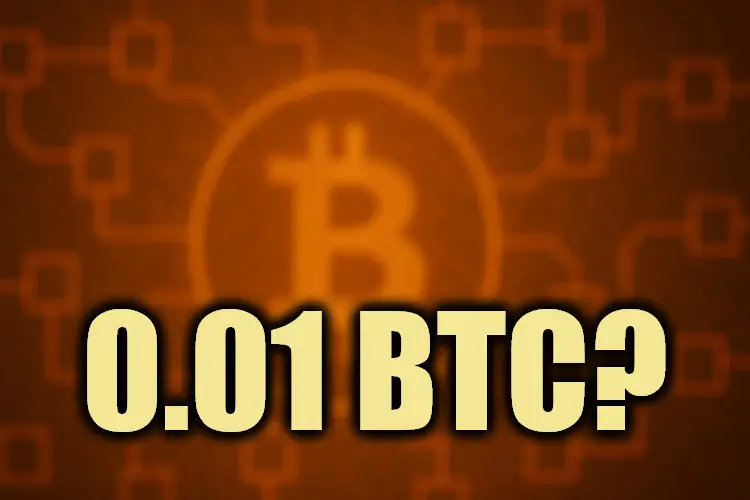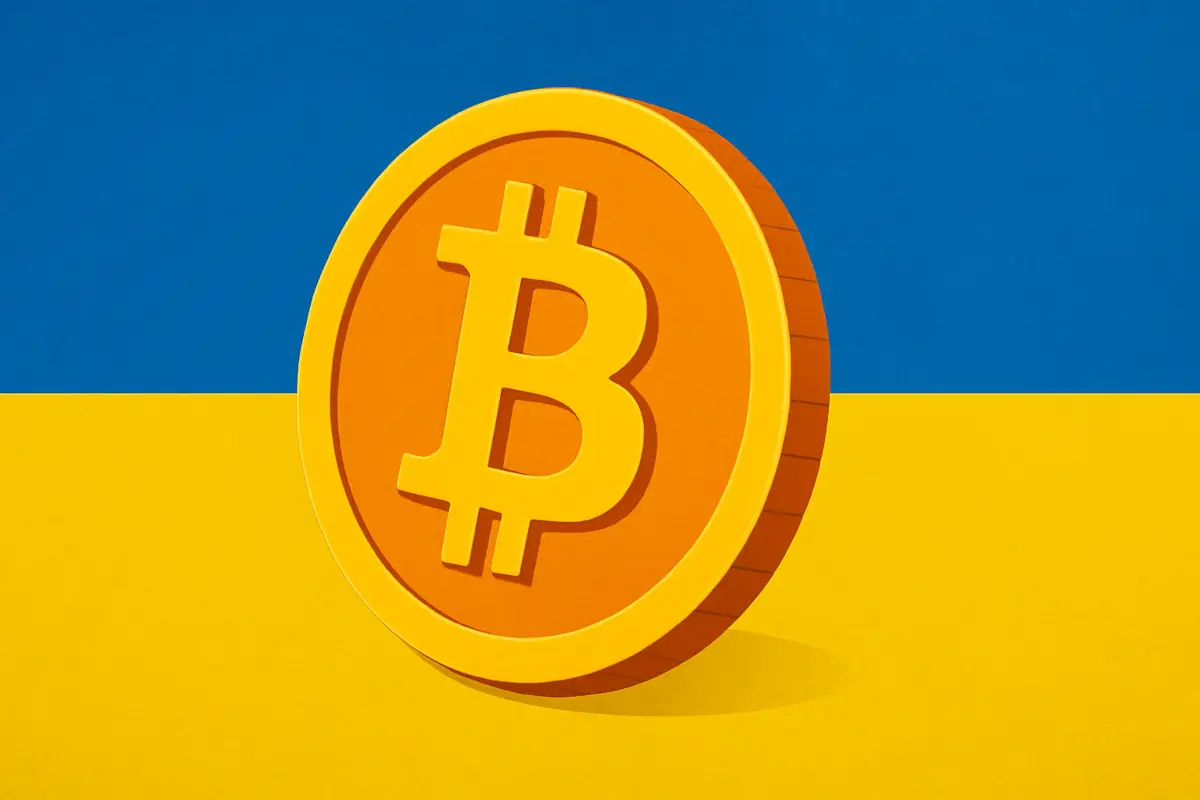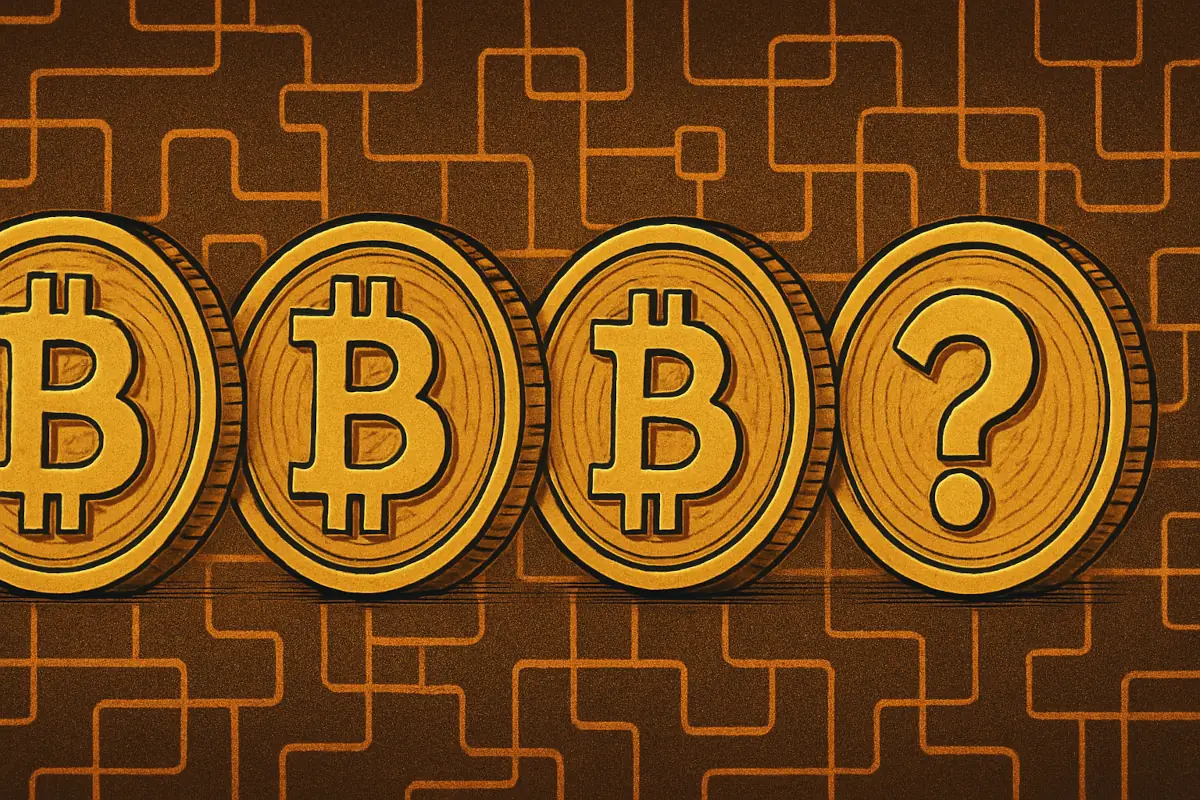Sweden may be inching toward a significant pivot in its financial playbook. On April 8, Swedish Member of Parliament Rickard Nordin officially reached out to Finance Minister Elisabeth Svantesson, proposing the inclusion of Bitcoin in the country’s foreign exchange reserves.
The idea isn’t just about tech appeal. Nordin laid out a case built on shifting global trends, inflation hedges, and political leverage in the face of rising authoritarianism. If Sweden moves forward, it would join an expanding group of nations rethinking how state treasuries operate – and challenge the caution that has long defined its crypto stance.
Table of Contents
MP Rickard Nordin Makes a Push for Crypto in Reserves
Nordin’s letter highlights the increasing role Bitcoin is playing in state-level economics. He stressed that Bitcoin is no longer a fringe experiment but is now being used as a payment tool and store of value in regions experiencing economic instability. He also linked its use to humanitarian causes, especially for individuals navigating financial systems under authoritarian regimes.
“It is also an important way for freedom fighters to handle payments when under the oppression of authoritarian regimes.”
The Swedish MP’s move echoes steps taken by other nations already exploring similar strategies. El Salvador and Bhutan have both adopted Bitcoin into their national treasuries, though their approaches and motivations differ. These countries, particularly El Salvador, have attracted both praise and criticism over the volatility and unpredictability of the asset.
In his letter, Nordin posed a direct question to the Finance Minister:
“Have the Minister and the Government considered the possibility of giving the Riksbank the opportunity to include bitcoin in Sweden’s foreign exchange reserves, and will the Minister and the Government act to give the Riksbank such an opportunity?”
This formal query has been recorded under docket number 2024/25:997 and requires an official reply by April 16. While Sweden’s financial policymakers have yet to respond, the proposal could kick off a deeper policy conversation around decentralized currencies and their role in national monetary reserves.
Bitcoin Reserve Model Gains Momentum
Across the globe, the question of whether Bitcoin belongs in central bank reserves is drawing serious attention. Earlier this year, U.S. President Donald Trump signed an executive order to create a national Bitcoin reserve. What set the U.S. plan apart was its focus on using Bitcoin seized from criminal investigations rather than purchasing it outright:
Germany, through Christian Lindner, a former finance minister and current FDP leader, has also floated the idea of integrating Bitcoin into both reserves and pension systems. He pointed out Bitcoin’s potential utility in long-term financial planning – something that aligns with Nordin’s argument for diversification in state assets.
In Switzerland, the debate has moved even further, with active proposals to rewrite parts of the country’s constitution. These changes would legally require the Swiss National Bank to hold Bitcoin, making it part of the nation’s core monetary infrastructure.
Some Nations Still Push Back
Not every country is on board with the idea. South Korea’s central bank has publicly declared it has no interest in holding Bitcoin, referring to the International Monetary Fund’s reserve standards. Poland also ruled out the option, citing concerns over the digital asset’s volatility and its preference for more traditional holdings like gold and the U.S. dollar.
We have compiled a list of the top 10 countries where cryptocurrency remains illegal in 2025.
Sweden’s overall approach to cryptocurrency so far has been cautious. While the idea of reserves may sound bold, the country has also cracked down hard on certain corners of the crypto industry.
Between 2020 and 2023, Swedish tax authorities uncovered widespread tax evasion among local Bitcoin miners. Out of 21 crypto-mining operations, 18 were found to have filed false reports. The financial toll was steep, with tax losses estimated at $90 million.
The Swedish Financial Intelligence Unit and Police Authority also accused several crypto exchanges of facilitating cross-border illegal payments. These platforms were branded as “professional money launderers,” further complicating Sweden’s broader crypto climate.
Where Sweden Stands Now
With the April 16 deadline approaching, all eyes are on how Finance Minister Svantesson will respond to Nordin’s challenge. The silence so far from the government side leaves room for speculation but also opens the door for debate.
The question is no longer whether Bitcoin has a global financial presence – clearly, it does – but whether a cautious, well-regulated country like Sweden is ready to adjust its framework to match.
Even if the proposal doesn’t pass this time, it pushes Sweden further into a conversation that is already changing the policies of both developing and developed nations. If Sweden chooses a hybrid route – such as using confiscated assets rather than purchasing new ones – it may find a compromise between innovation and caution.




